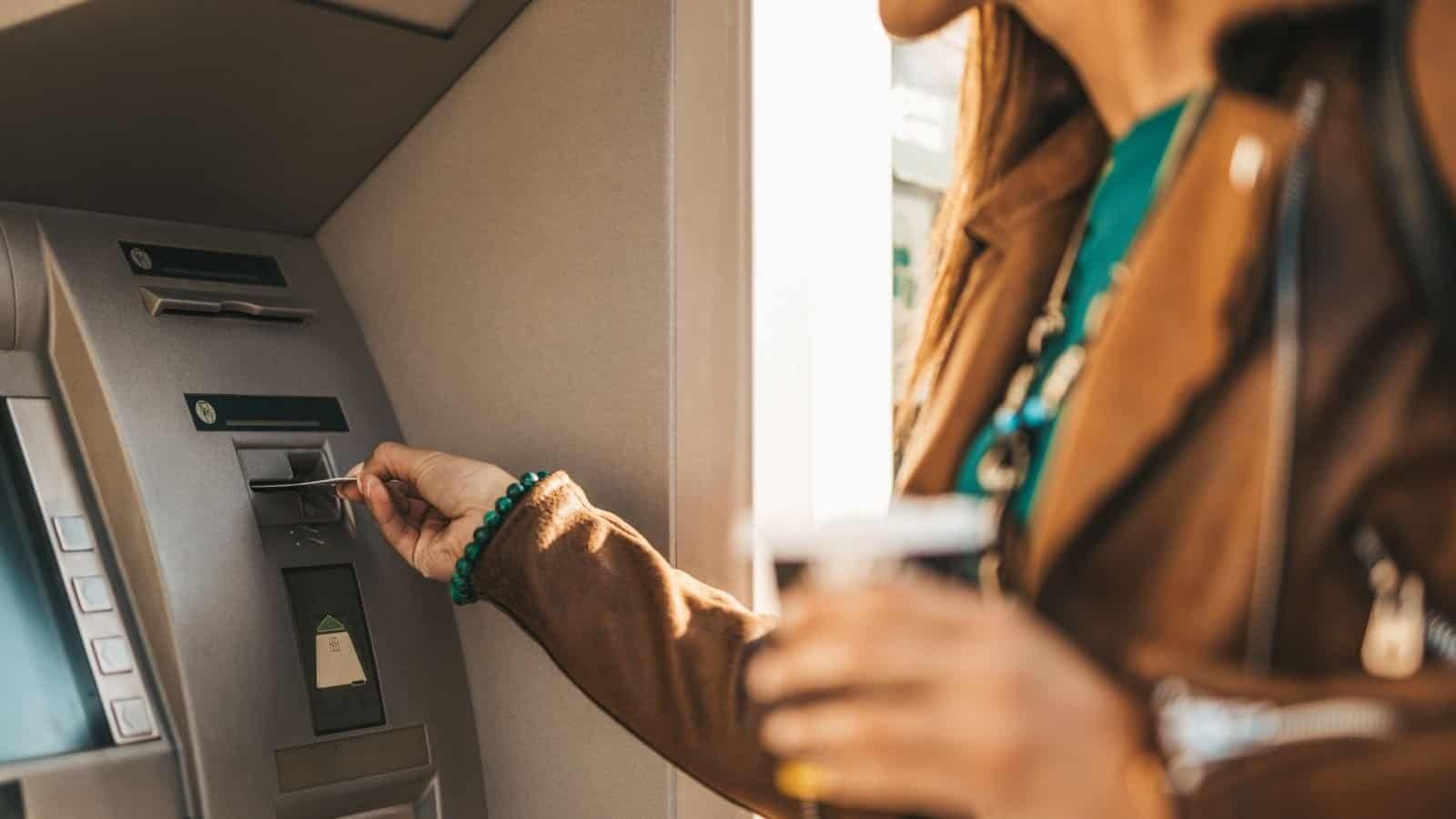Swiping your plastic might be convenient, but not every purchase is a good fit for credit card billing. Certain purchases can wreak havoc on your budget and credit score. In this article, we’ll unveil the top expenses to keep off your credit card so you can avoid debt, fees, and financial stress.
Mortgage Payment Or Rent

While some services allow you to pay rent or mortgages with a credit card, it’s generally a bad idea. Third-party services often charge processing fees as high as 2.99%, which can eat into any rewards you might earn. Rent and mortgages are significant expenses. If you can’t pay off the balance by the due date, you’ll be hit with high credit card interest, making your housing costs much more expensive. Only consider it if you need to meet a minimum spend for a welcome bonus and can pay it off before interest accrues.
Taxes

While paying taxes with a credit card offers the convenience of swiping instead of mailing a check, it’s costly. Processing fees typically range from 1.87% to 3.93%, outweighing any rewards you might earn. Additionally, credit card interest rates dwarf those of IRS payment plans. Stick to free payment methods from the IRS or consider a payment plan to avoid these financial pitfalls.
Medical Bills

Swiping your credit card to pay your medical bills might seem convenient, but it’s risky. High credit card interest rates can turn a manageable bill into a monster. Instead, talk to your provider. Negotiate a better deal or payment plan with a lower interest rate than your credit card. Some providers may even offer interest-free options. Try other avenues like tapping into an emergency fund or exploring medical bill loan options with lower rates.
Utility Bills

When it comes to utility bills, using a credit card might not be the best choice. Paying them with a credit card comes with a hidden cost: processing fees charged by the utility company. Avoid paying these fees by setting up automatic payments directly from your bank account. It’s usually a quick online process, saving you time and money in the long run.
Large Purchases

Making large purchases with credit cards to get signup bonuses can backfire. The high balance will spike your credit utilization ratio, which can hurt your credit score. If you can’t pay it off quickly, you’ll be hit with interest charges, making the bonus a distant memory. Only use credit cards for large purchases if you can pay them off immediately to avoid interest and maintain a good credit score.
Gambling

Using a credit card to gamble is a recipe for disaster. Many banks treat gambling transactions as cash advances. This means you’ll be hit with a cash advance fee (typically around 3-5%) on top of the gambling amount. Unlike regular purchases that often come with a grace period, you’ll also start accruing interest immediately. Gambling environments are designed to be exciting and can lead to impulsive decisions. Using a credit card with its readily available credit can make it easy to spend more than you intended.
Tuition

Tuition and credit cards are generally not a good mix. Schools often charge fees for credit card payments, negating any rewards you might earn. Consider alternative methods like monthly payment plans. Many schools offer these plans, allowing you to spread tuition payments over time. You can also explore merit and need-based scholarships to offset tuition costs. Take low-interest student loans, but prioritize paying them off before rates rise.
Cash Avance

Don’t be lured by the ease of a cash advance. While it lets you access quick cash via ATM or check, it comes with hidden costs. Unlike regular purchases, cash advances typically have extra fees and a higher interest rate that starts accruing right away. This can turn a small advance into a significant financial burden. Avoid cash advances unless necessary.
Cars

Buying a car with a credit card might seem tempting because of the rewards, but proceed cautiously. Many dealerships avoid credit card payments due to processing fees. Some may allow them but with limits on the purchase amount. Most importantly, you must pay it off immediately to avoid high-interest charges on a large purchase. Financing options typically offer lower interest rates, making them a better choice for car purchases.
Down Payments

Putting a down payment with a credit card, whether on a car, house rental, or anything else, is a red flag. It suggests the purchase might be out of your budget. High credit card interest will only make it more difficult to afford in the long run.
Vacations

Don’t let vacation turn into a financial burden. Don’t use a credit card to pay for your vacation unless you can pay it off before accruing interest. Consider a budget-friendly vacation, a staycation, or using previously earned points and miles to cover most expenses. This will help you to relax and recharge without the stress of credit card debt upon your return.
Impulse Splurges

Impulse splurges can wreak havoc on your budget. Whether it’s that new gadget or a weekend getaway, these impulsive purchases can quickly add up. If you have the financial cushion to absorb these splurges, they might only be a minor inconvenience. However, impulse spending can be disastrous for those already strapped for cash or carrying debt. To avoid this trap, consider creating a budget, identifying your spending triggers, and allocating a specific amount for discretionary spending each month.
Startup Fund

Don’t fund your startup with your credit card. New businesses take time to turn a profit, and credit card interest rates are high. This can quickly snowball into debt that ruins your startup before it even gets going. Consider a small business loan instead. These typically offer lower interest rates and better repayment terms, giving your business a fighting chance to succeed.
Cryptocurrency

Cryptocurrencies are risky investments. If you buy them with a credit card and the value dips, you’re stuck paying back the credit card company with interest, even for a losing investment. Stick to cash for crypto purchases to avoid this potential debt trap.
